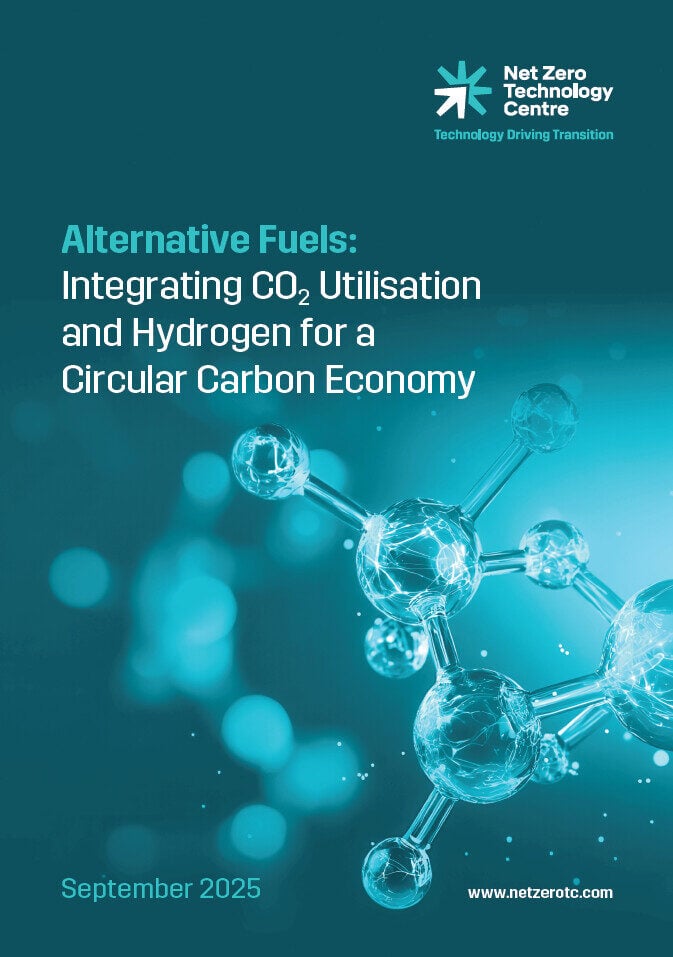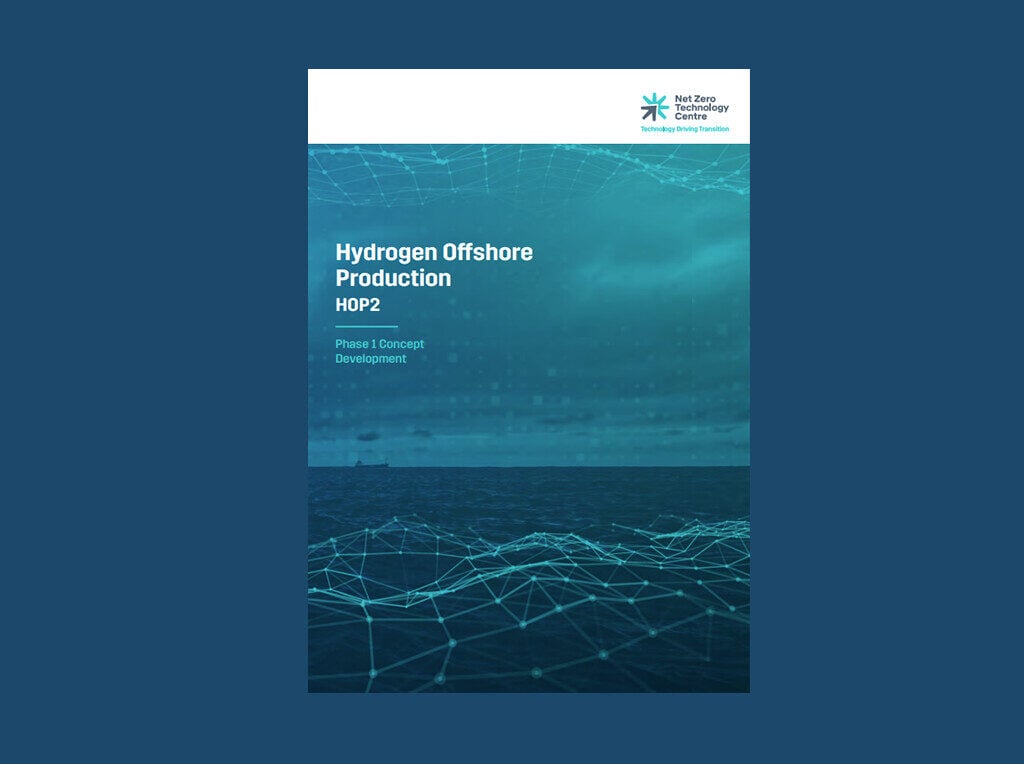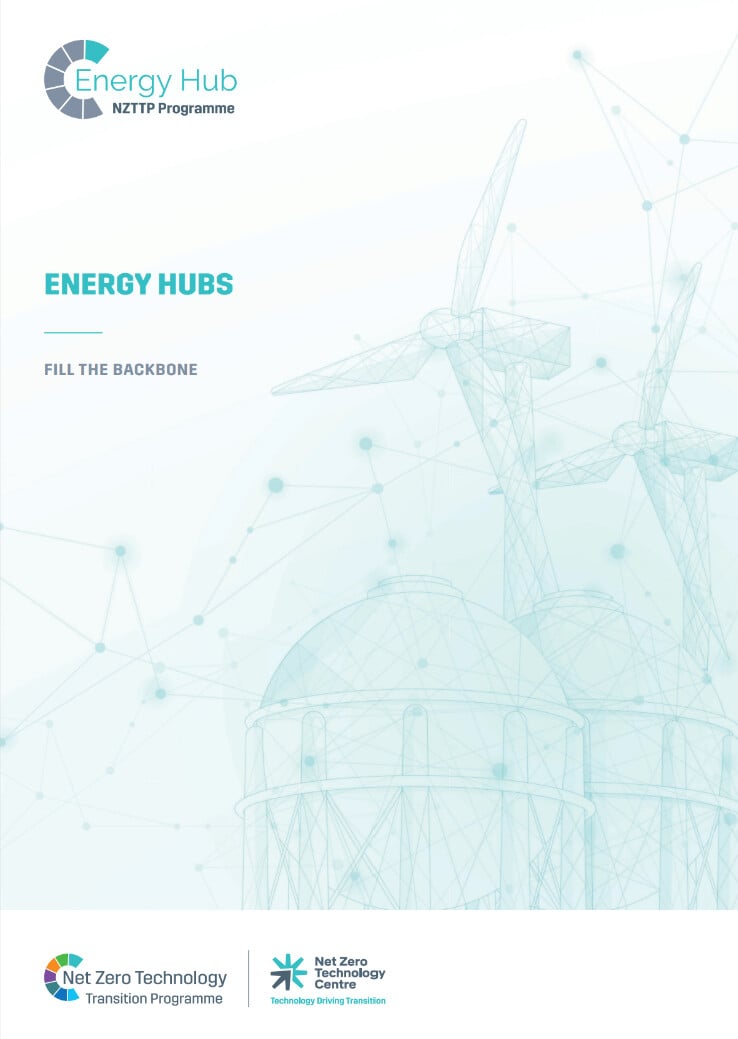
Alternative Fuels: Integrating CO₂ Utilisation and Hydrogen for a Circular Carbon Economy

At a glance
The UK stands at a pivotal moment in the evolution of its energy system, where the challenge of decarbonisation intersects with the opportunity for industrial transformation.
Amidst growing climate, resource and energy security pressures, alternative fuels such as synthetic fuels, hydrogen and biofuels have emerged as credible and increasingly competitive solutions for sectors where electrification is not feasible.
This report examines the role of alternative fuels, particularly those produced from biogenic CO2 and hydrogen, in supporting the nation’s net zero ambitions and driving a more circular, resilient economy. It provides sectoral insights covering the technological readiness, economic viability and policy interventions necessary to ensure these fuels become a mainstream part of the UK’s energy mix.
Despite challenges around cost, regulation and coordination, growing policy certainty, innovation and investment are paving the way for rapid market growth. Repurposing existing infrastructure for alternative fuel production is a strategic route to accelerate the energy transition and unlock economic and environmental gains. With mature industrial hubs, expanding hydrogen and CO2 networks, and a strong research base, the UK is well placed to lead.
Four strategic actions to fully realise the UK’s alternative fuels opportunity:

Incentivise carbon utilisation over storage
Invest in integrated alternative fuels infrastructure
Accelerate innovation and reduce costs for synthetic fuels
Enhance regulatory frameworks for sustainable fuels
Summary of synthetic fuel demand per year in the maritime and aviation sectors
This opportunity is underpinned by the scale of demand and existing policy:
The demand for alternative fuels is set to increase significantly through 2050 and beyond, with the maritime and aviation sectors expected to lead the way. Government mandates and sectoral decarbonisation strategies are already shaping demand profiles — and provide a glimpse into what’s ahead.
- By 2050, UK aviation and maritime could require up to six million tonnes of synthetic fuel
- The UK Sustainable Aviation Fuel (SAF) Mandate sets ambitious targets: 10% of jet fuel must be sustainable by 2030, rising to 22% by 2040.
- Meeting net zero will require 30–50 GW of hydrogen production capacity by 2050.
- Currently, only two million tonnes of biogenic CO₂ is captured globally each year — highlighting a significant opportunity for UK leadership in scaling up CO₂-based fuel production.
With the right incentives, the UK could position itself as a global leader in clean fuel production, reducing emissions while creating high-value jobs, attracting private capital, strengthening supply chains and supporting long-term export growth.
Recommendations
This report identifies that there is sufficient projected hydrogen production and biogenic CO₂ available within the UK to meet the aviation and maritime market demands to 2050, and pinpoints the critical steps required to unlock the potential of carbon utilisation and alternative fuel production:
- 1
Incentivise carbon utilisation over storage
Reform policies so that captured biogenic CO₂ is channelled into fuel production. Only two million tonnes of biogenic CO₂ are currently captured worldwide each year, highlighting the need to maximise the value of every tonne. Explore the economic, regulatory and deployment challenges.
- 2
Invest in integrated alternative fuels infrastructure
Accelerate deployment of new assets linking CO₂ capture, green hydrogen and fuel synthesis. Discover how the UK can unlock its infrastructure potential for alternative fuels.
- 3
Accelerate innovation and reduce costs for synthetic fuels
Support research and development and pilot projects to lower synthetic fuel prices, particularly in key feedstocks like green hydrogen production and carbon capture technologies. Early adoption incentives will be crucial for cost-competitive growth. Explore innovation opportunities.
- 4
Enhance regulatory frameworks for sustainable fuels
Ensure future mandates implemented by government actively support alternative fuels. The UK SAF Mandate and the Maritime Decarbonisation strategy are both excellent examples of successful advancements. Similar approaches need to be taken for other hard-to-abate sectors, including heavy industry and power generation. Review regulatory challenges and gain marketing insights.
AUTHORS
Evidence-based pathways to net zero
The Alternative Fuels: Integrating CO₂ Utilisation and Hydrogen for a Circular Carbon Economy report was developed by NZTC’s team of experts, committed to advancing research, technology and infrastructure across hydrogen, alternative fuels, and carbon capture, storage and utilisation.

Luca
Corradi
Chief Technology Officer
Luca Corradi
Luca works to bring “the outside in”, connecting innovators and academics across sectors and disciplines, to explore the latest technologies that could be adopted to address oil and gas industry challenges. Leading The Net Zero Technology Centre’s horizon scanning activity, he identifies emerging technology trends, cutting through the hype to identify potential areas of impact and application. With a background in business and organisational change leadership, Luca has developed a strong network and is passionate about harnessing this to deliver the next generation of the net zero energy industry.
Outside work Luca loves reading, music and travel. He is married with two young daughters and a dog. He enjoys the rare motorbike ride in Scotland and even rarer ski trip on the Alps.


Hayleigh
Barnett
Technology Principal: Hydrogen, Alternative Fuels, CCUS
Hayleigh Barnett
Hayleigh Barnett is the Technology Principal for Hydrogen, Alternative Fuels, and CCUS at the Net Zero Technology Centre. In this role, she delivers on and oversees the strategic direction and delivery of key initiatives across these focus areas. Her work spans the development of innovative projects such as the Hydrogen Backbone Link, the Energy Hubs project and Phase 2 of the Hydrogen Offshore Production project.
With over 12 years of experience in engineering and business development, Hayleigh brings a strong blend of technical expertise and commercial insight. She has successfully delivered a wide range of projects—from early-stage technology concepts to detailed engineering projects— and has also supported the development of early technology readiness level concepts. With her clear communication and collaborative approach, Hayleigh is passionate about driving forward sustainable energy solutions.


Emma
Swiergon
Hydrogen Technology Manager
Emma Swiergon
Emma Swiergon is an experienced technology manager with over 12 years of experience across the energy sector and consultancy, with over 5 years specialising in hydrogen and energy transition projects. At NZTC, she leads strategic initiatives, NZTC’s Hydrogen roadmap, delivers key technology development projects, and produces industry reports and thought leadership articles.
Emma’s expertise spans project management, technical analysis, stakeholder engagement, risk assessments, safety studies, and safety case development for offshore assets. Emma supports business cases, proposals, and funding requests, with current projects including HOP2, ScotWind-2-Hy. Additionally, she provides support to Hydrogen Backbone Link and Energy Hubs and contributes to working groups and forums to advance the hydrogen economy.
She holds a Master’s degree in Environmental Monitoring, Modelling, and Reconstruction, and a BSc in Geology and Physical Geography.


Iain
Martin
CCUS Technology Manager
Iain Martin
Iain Martin is a business-focused technical specialist with over 25 years of experience across CCUS, consultancy, and delivering first-of-a-kind projects. He leads NZTC’s CCUS roadmap where he is responsible for identifying and delivering key projects. Iain has delivered NZTC’s innovation Call for Ideas process, resulting in over 200 ideas, 20 approved projects, and more than £5 million in funding. He has also helped secure £3 million from DESNZ to deliver a first-of-a-kind direct air capture pilot plant.
Iain holds an MSc in Oil and Gas innovation and an MSc by Research in Geophysics, and he is a PMP-certified professional.




